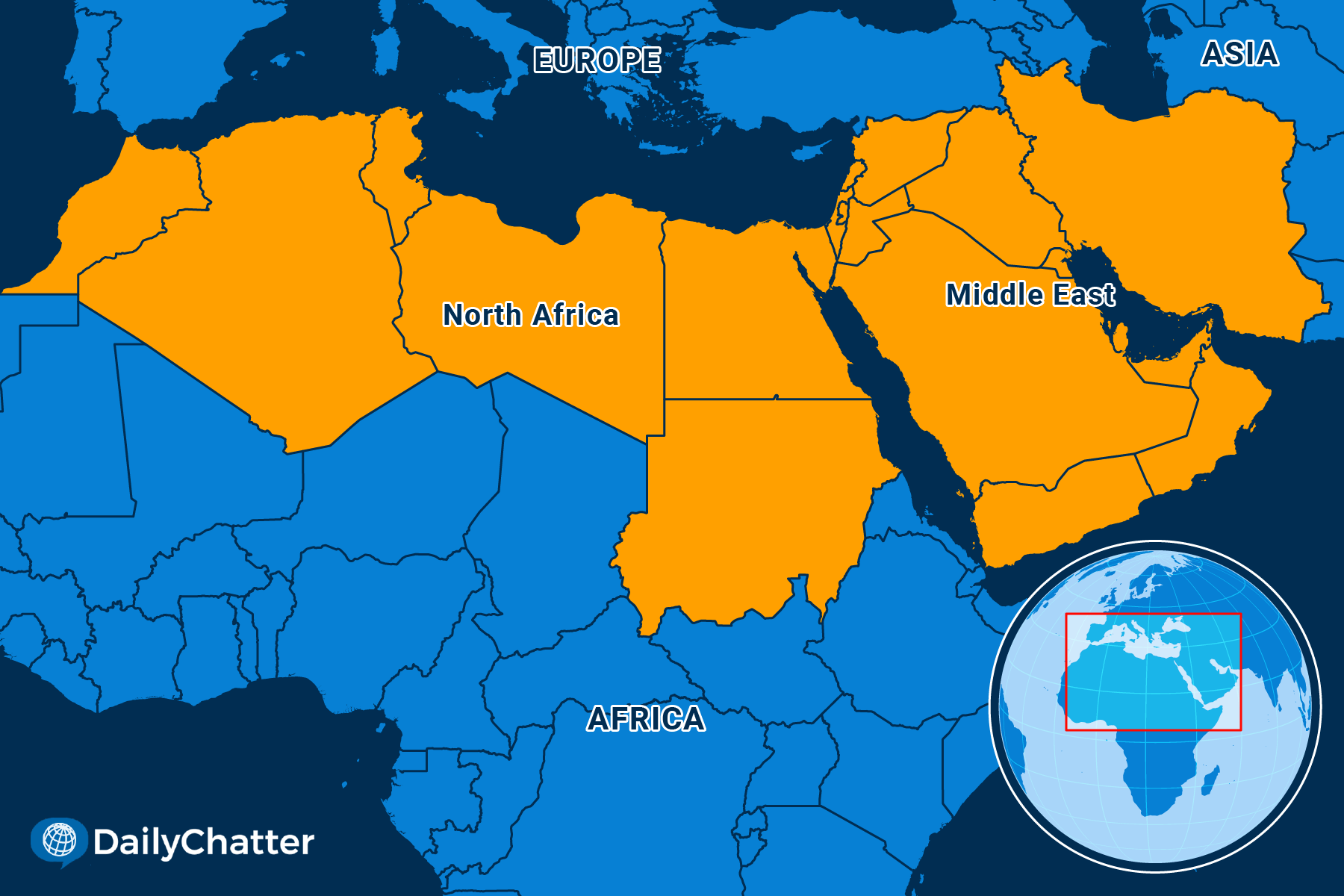Simmer, and Boil

On Jan. 12, the United States and its allies launched more than 100 missiles at 60 targets in Yemen, including “control nodes, munitions, depots, launching systems, production facilities, and air defense radar systems,” reported CNN.
Five people perished and six were wounded in the attacks.
The American, British and other allies’ air strikes against Houthis that control northern Yemen, including the capital of Sanaa, are aiming to punish the Iranian-backed militant group for attacking commercial ships in the Red Sea.
But the incident is just one of many troubling events around the region that could stack up into larger conflicts, wrote Reuters.
The Red Sea region, which spans from the Suez Canal to the Arabian Sea, is vital to world trade. The Houthis, acting to profit from piracy while making a statement in protest of Israel’s war on Hamas in the Gaza Strip, are seeking to exploit their presence there, wrote World Politics Review.
And for the Houthis, who rule much of Yemen after being engaged in a civil war there for more than a decade, the war in Israel has given the rebel group new momentum.
Firstly, public outrage in Arab countries over Israel’s devastating response to the horrific attacks on Israel on Oct. 7 is widespread. Jordanian officials, for instance, have repeatedly said that Israeli “war crimes” against the Palestinians were increasing regional tensions and violence in the region.
On Friday, tens of thousands of Yemenis gathered in several cities to protest the war on Gaza and condemn US strikes on their country. “Your strikes on Yemen are terrorism,” said Mohammed Ali Al-Houthi, a member of the Houthi Supreme Political Council, referring to the United States.
Secondly, Iran appears to be flexing its role as leader of the so-called Axis of Resistance, or militant groups that oppose Israel and Western influence in the region, suggesting that more widespread fighting throughout the Middle East is likely, the Atlantic magazine wrote.
“The (January 12) attacks are happening in an effort to extend the full support of the US and UK in approximately the past 100 days for the war crimes of the Zionist regime against the Palestinian people and the besieged citizens of Gaza,” the Iranian Ministry of Foreign Affairs said in a statement to Al Jazeera.
To the north, Israel is already fighting with militants in Lebanon. Israel recently killed a Hezbollah commander in Lebanon and a Hamas leader in Beirut with an airstrike. Hezbollah, meanwhile, fired and hit an Israeli base with rockets, reported the Associated Press. Israeli military forces told the Times of Israel they would not allow terrorists to attack their country from Syria. Foreign Policy warned of a full-blown war erupting between the two sides.
Iranian-backed Iraqi militants also fired rockets at a US military base in eastern Syria in retaliation for American support of Israel despite the bloodshed in Gaza, added Press TV, an Iranian state-owned media outlet. The same militants also claimed to have hit Israeli military installations near Galilee and the port of Eilat in Israel.
And in Iraq, the militia group Harakat al-Nujaba, also aligned with Iran, said that American interests and countries allied to the US would not be safe from now on.
US and allied forces have been attacked at least 130 times in Iraq and Syria Since Oct. 17, according to Washington.
The Houthis, meanwhile, have vowed to keep plundering ships off their coast and warned all vessels heading to Israel they are not safe, no matter where they are, CBS News wrote.
Perhaps a widespread, regional war is already underway.

Subscribe today and GlobalPost will be in your inbox the next weekday morning
Join us today and pay only $32.95 for an annual subscription, or less than $3 a month for our unique insights into crucial developments on the world stage. It’s by far the best investment you can make to expand your knowledge of the world.
And you get a free two-week trial with no obligation to continue.
